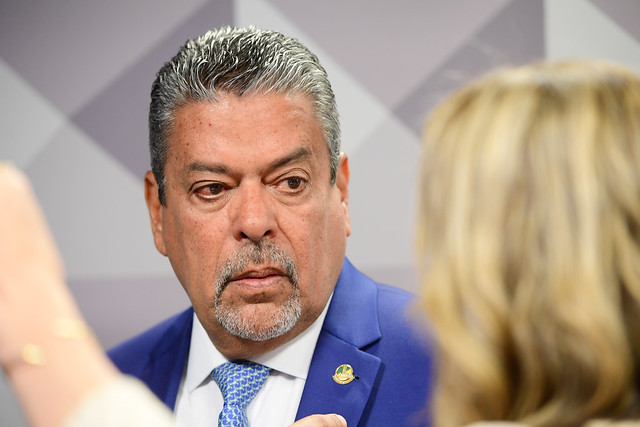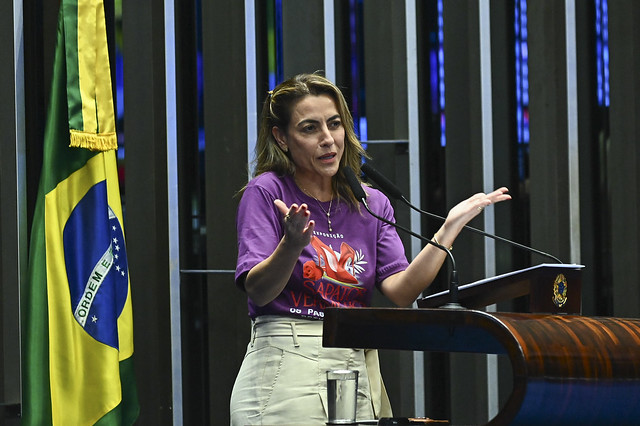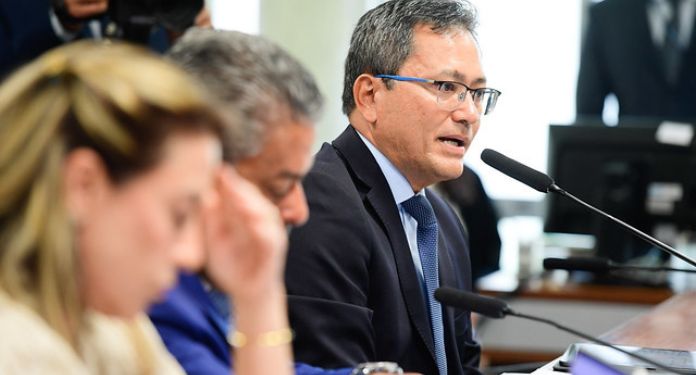The Bets CPI heard, this Tuesday (11), the special secretary of the Federal Revenue, Robinson Sakyama Barreirinhas, who defended a stricter tax treatment for bettors. The objective would be to discourage virtual bets. He highlighted that the taxation of winnings from bets, rejected by the National Congress in 2024, needs to be resumed.
Taxation as a deterrent tool
Barreirinhas stated: “My position is that the gambler should pay Income Tax, because the tax, in this case, does not have a revenue-raising function, it has a dissuasive function, of not encouraging gambling.
It’s like this all over the world. We are treating gamblers better than we treat a real profit company in Brazil. It’s crazy.”
According to the secretary, the law provides for taxation, but considers the amount as a “net premium”, after deduction of losses. In practice, this would be an exemption.
The chairman of the committee, Senator Dr. Hiran (PP-RR), highlighted the role of the Federal Revenue in controlling online gambling companies. He criticized the “indiscriminate” proliferation of these companies in the country, generating a “gigantic” tax waiver.
Study points to billion-dollar tax waiver

Dr. Hiran cited a study by the Senate Consultancy, showing that tax waivers on bets could reach R$50 billion between 2019 and 2030.
“The signs of wealth, both from the betting owners and the influencers, give a feeling to society and to young people that gambling is an opportunity to get rich.”
The committee’s rapporteur, Senator Soraya Thronicke (Podemos-MS), suggested a review of the legislation. She compared the taxation of gambling (12%) with that of cigarettes (250%) and alcoholic beverages (61%).
“The more harmful the product, the higher the taxation should be,” Soraya pondered.
Secret meeting of the Bets CPI and data crossing
Senator Damares Alves (Republicans-DF) proposed a secret meeting of the Bets CPI so that Federal Revenue technicians can speak without the risk of breaking confidentiality. She said she had the impression that the data is not cross-checked properly within the agency.
Secretary Barreirinhas explained that the IRS does not have autonomy over Pix, which is managed by the Central Bank. He reported that data from betting companies will only start to reach the IRS in 2024, after the betting regulation by Law 14,790/2023.
“We had a regulatory environment that was still imprecise. Now there is legislation,” he said.
Barreirinhas explained that a group was created to deal with betting tax data, made up of representatives from the Intelligence sector and the Prizes and Betting Secretariat.
Retroactive billing and inspection

Soraya Thronicke questioned the possibility of retroactive charging on bets made between 2018 and 2023. Barreirinhas agreed with the idea, but admitted an “operational difficulty”.
“It is not impossible to overcome, but it may require legislative changes,” explained the secretary.
Senator Marcos Rogério (PL-RO) highlighted that there was a “gap” of five to six years, with companies making profits without paying taxes. Barreirinhas stated that the IRS works by cross-referencing data to identify inconsistencies in financial transactions and declarations.
Requests approved by the Bets CPI
The CPI approved seven requests, including the summoning of businesswoman Adélia de Jesus Soares, owner of Payflow Processadora de Pagamentos Ltda. In addition, Senator Soraya Thronicke requested the summons, stating that the lawyer had collaborated with a foreign organization to operate illegal gambling in Brazil.
Another request, from Senator Izalci Lucas, asks for information on the criteria used to classify betting companies as “unauthorized”.
Finally, the Bets CPI aims to investigate the influence of online betting on household budgets, the association with criminal practices and the role of digital influencers in promoting these activities. Therefore, the commission has a deadline to operate until April 30th.
